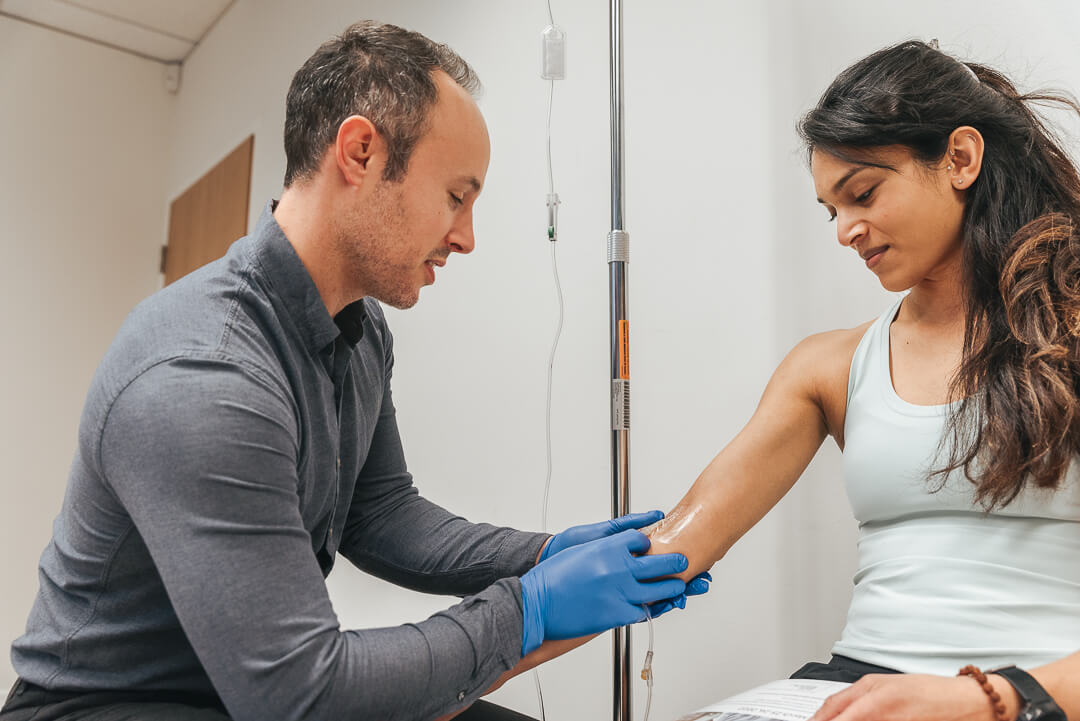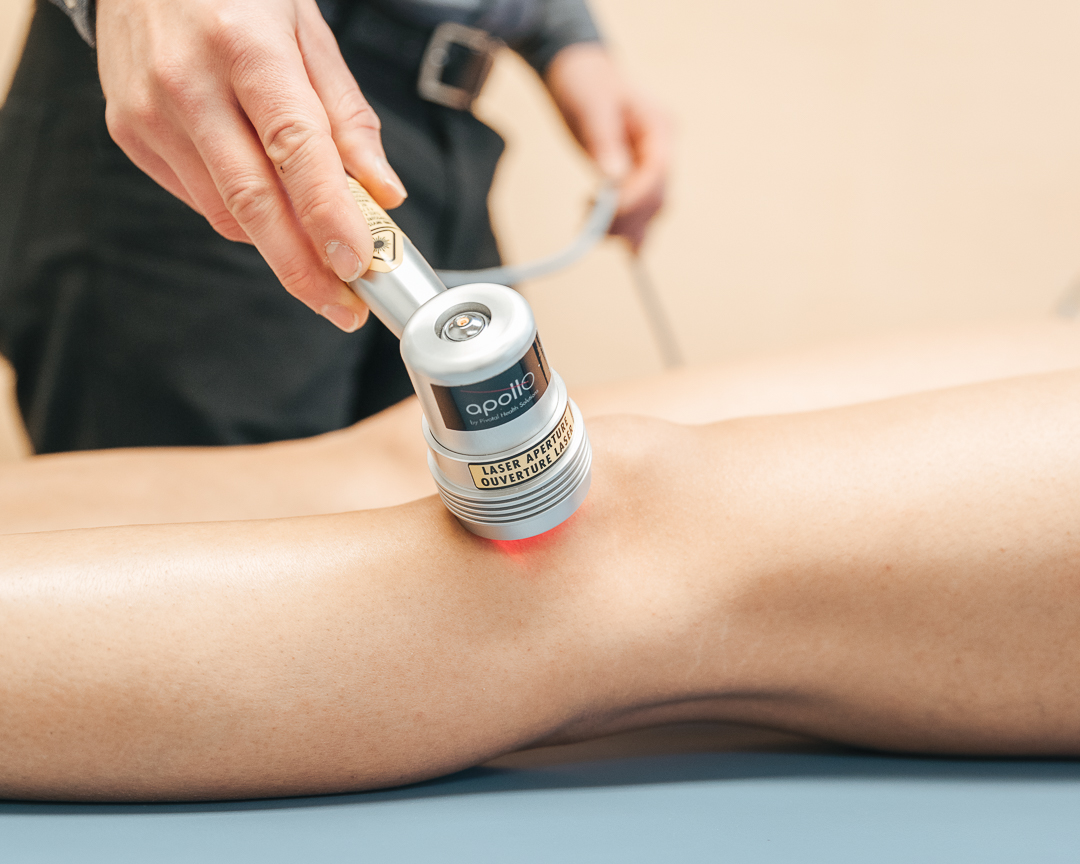In the complex realm of cancer care, the quest for effective treatments and supportive care modalities is relentless. But for an endeavor so vital, there’s an ongoing discourse that questions the conventional approach to oncology in North America. The discussion revolves around a seemingly overlooked corner of medical practice that has captivated the interest, if not the acceptance, of a growing number of patients and health enthusiasts – Complementary and Alternative Medicine (CAM). This divergent model offers a spectrum of therapies, ranging from herbal remedies to meditation, and with the maturation of its applications worldwide, one cannot help but ask: why haven’t these benefits permeated the core of North American oncology?

Understanding Complementary and Alternative Medicine (CAM)
CAM encompasses treatments and healing practices outside of mainstream healthcare. This includes traditional Chinese medicine, Naturopathy, Ayurveda, Chiropractic and more. The roots of CAM are diverse, spanning centuries and continents. In juxtaposition to the high-tech and pharmacologically dominant healthcare of North America, CAM often relies on natural materials and centuries-old practices. Yet, modern CAM therapies are integrated with a level of sophistication that is constantly evolving. In several parts of the world, such as in Asia and parts of Europe, CAM is not merely an eccentric affix but a fundamental component of healthcare delivery, recognized and regulated accordingly.

The Current Landscape of Oncology Care in North America
When it comes to cancer care, the North American healthcare system predominantly defaults to what is perceived as the gold standard – surgery, chemotherapy, and radiation therapy. These modalities have made significant strides in improving survival rates for many cancer types, but they often come with a spectrum of side effects that can challenge a patient’s day-to-day life. There’s a growing understanding that cancer care should not be solely about treating the disease but also about enhancing the quality of life during the patient’s cancer journey.
Why CAM is Not Widely Embraced in North American Oncology
The relative absence of CAM in conventional North American oncology practices can be attributed to a multitude of reasons. Historically, orthodox medicine has been on a conquest to institutionalize a more standardized approach with an emphasis on scientific rigour and evidence-based practice. This quest, while invaluable in ensuring the safety and efficacy of treatments, has been somewhat exclusionary towards CAM, which often lacks the same level of randomized controlled trials and mechanistic understanding that typifies traditional Western medicine. Regulatory barriers also play a significant role, with CAM products and practices typically falling outside the purview of the FDA and similar regulatory bodies, leading to concerns about safety and efficacy.
The Potential Benefits of Integrating CAM with Conventional Oncology
Despite the barriers, there is a burgeoning body of evidence that suggests certain CAM modalities could play a supportive role in cancer care. These can include managing treatment side effects, addressing mental health concerns, improving well-being, and possibly even influencing the efficacy of conventional treatments. For example, acupuncture has shown promise in alleviating chemotherapy-induced nausea, while yoga and meditation can aid in reducing stress and anxiety, which are often elevated in cancer patients.
Learn more about integrative cancer care HERE

Overcoming Barriers to Integration
Moving towards a more integrated model of oncology is not without its hurdles, but progress can be made with a holistic approach. This would require bridging the knowledge and practice of CAM with that of conventional oncology, fostering open communication channels, and galvanizing collaborative efforts. Legislative and educational reforms could serve to demystify CAM, addressing patient safety and ensuring well-informed decision-making. Increased funding for research into CAM’s applications in oncology is also crucial, to solidify a scientific foundation on which to build integrative care models.

Patient Empowerment and Informed Decision Making
In an era where patient autonomy and shared decision-making are increasingly valued, information is key. It’s essential that patients are equipped with resources to understand the potential benefits and risks of CAM, should they choose to explore such avenues in their cancer care. A harmonious dialogue with healthcare providers, who are often the gatekeepers to medical options, can enhance patient empowerment and personalize the healing process.
Conclusion
The integration of CAM with conventional oncology care presents an opportunity to elevate the standard of cancer care in North America. While the path to such integration may be fraught with challenges, the end goal – to provide comprehensive, patient-centred care that optimizes health and well-being – is one that should merit collective exploration. By fostering a culture of openness, rigorous inquiry, and patient-centric care, we can aspire to a healthcare landscape that respects tradition while leveraging innovation to its fullest.
It’s time to ask bold questions and seek innovative solutions that accommodate the shifting perspectives and needs of those we serve. North America has the expertise and the will to innovate in its approach to health care. By working to integrate CAM with conventional oncology, we stand to better serve and support the individuals and families facing cancer, not only with the arsenal of modern medicine but with all the tools that history and culture have bequeathed.


























